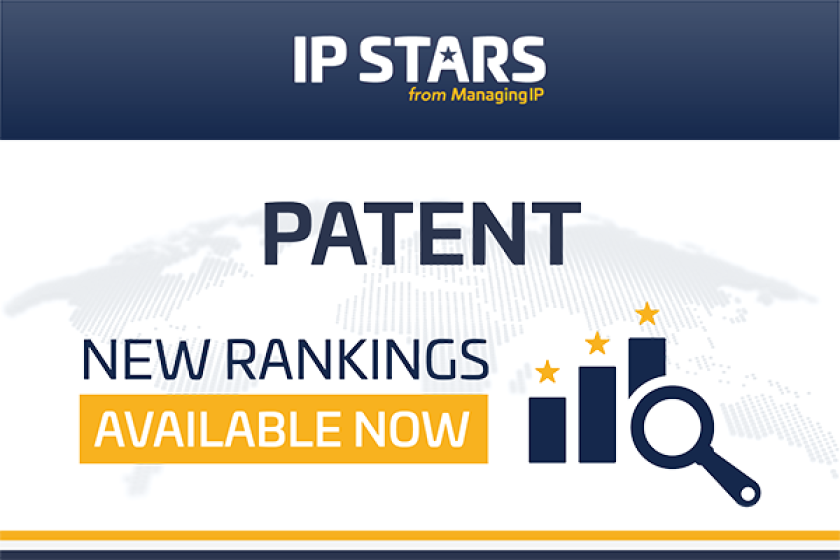Following the publication of the trademark rankings (in our spring edition) and the general intellectual property rankings (on ipstars.com), we are delighted to reveal some of our patent rankings in the summer edition of our digital magazine here.
This is the third set of firm ranking results from the research for the 2022 edition of IP STARS, which started in September 2021.
The rankings in our digital magazine represent only a fraction of the jurisdictions we cover. The remaining patent rankings will be published on ipstars.com this month. Follow live updates on IP STARS 2022 rankings and announcements here.
IP STARS is not a directory of all firms and individuals offering IP services. Participation in the research does not guarantee ranking. Please read the research methodology below.
Congratulations to all the firms listed this year.
What to expect in the coming months
We will publish all the 2022 patent rankings in June on ipstars.com, a searchable website with news and analysis on firms and practitioners. More 2022 rankings, including the firm rankings for IP transactions and copyright work, and firm editorials will be published on ipstars.com. Visit the site as well as our pages on LinkedIn (e.g. here) and Twitter (e.g. here) for the latest updates and announcements.
The research for the 2023 edition of IP STARS rankings will start in September 2022. If you have any feedback or questions about IP STARS, please contact our research editor Kingsley Egbuonu or email our research team here.
About IP STARS
Managing IP published its first legal directory in 1994 and rebranded it in 2013 as IP STARS. The IP STARS guide has expanded over the years and now covers over six IP practice areas and more than 70 jurisdictions, making it the most comprehensive, leading specialist rankings publication for the IP profession.
Research methodology
The research for these rankings was conducted rigorously and impartially by our team of research analysts in London, New York, and Hong Kong. Each year, we request information from thousands of firms, IP practitioners and their clients through interviews, email, and online surveys.
Firm rankings
Before compiling the rankings, our analysts also conducted their own independent research, including an analysis of publicly available information (such as court or IP office data) and existing data we have about firms and their practitioners.
The aspects assessed for the firm rankings include expertise, workload, market reputation and record, outcomes achieved for clients, and unique strengths in each practice area. Judgements about which firms to include in the rankings, and which tier and practice area they should be in, take account of all this information.
Firms are ranked alphabetically in tiers, or as highly recommended or recommended. The total number of firms listed varies from jurisdiction to jurisdiction. For most jurisdictions, the rankings are split into prosecution and contentious work. In a few jurisdictions, we evaluated and ranked firms for their overall patent practice.
The prosecution ranking takes account of pre- and post-registration work, including office proceedings and portfolio management advice. The contentious ranking covers patent-related disputes in and outside the courts. Where appropriate, some firms were ranked for both practice areas.
The 2022 firm rankings are based on information available at the time the research was completed (February 2022). Except for firm name changes, any subsequent developments or information that could influence our rankings will be considered during the research for the 2023 edition of IP STARS, which starts in September 2022.
For the avoidance of doubt, the ranking tables do not suggest or indicate that the expertise or services of the listed firms are limited to the practice area in question and Managing IP does not recommend or endorse any firm for IP work.
The IP STARS rankings are not influenced by any commercial relationship, including advertising, with Managing IP or IP STARS. No firm can pay to be included or to influence the results, and there is no fee to pay to participate in our research. The rankings are subject to change each year.
Please visit ipstars.com to learn more about our research methodology and read the terms of use concerning our content.











